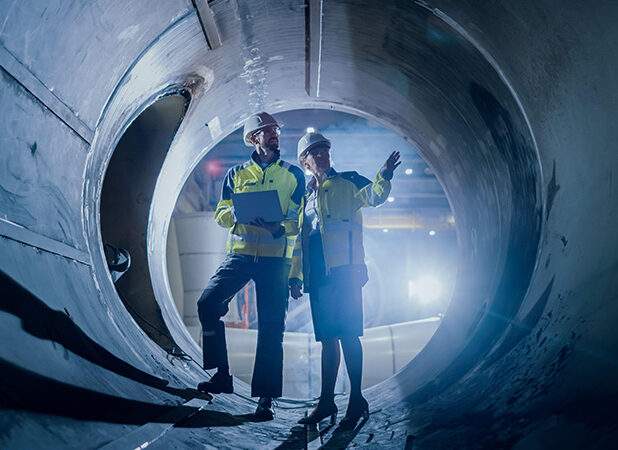Introduction
The energy industry is a dynamic sector that encompasses the production, distribution, and utilization of various forms of energy. In this section, we will provide a comprehensive definition and overview of the energy industry, highlighting its significance and diverse nature.
Energy Sources and Technologies
The energy industry comprises a wide range of energy sources, including conventional and renewable options. Fossil fuels such as coal, oil, and natural gas remain significant contributors to the energy mix. Additionally, renewable energy sources like solar, wind, hydro, geothermal, and biomass play an increasingly vital role in the industry’s evolution.
Advancements in energy technologies drive innovation within the industry. These include extraction methods, refining processes, power generation technologies, energy storage solutions, and distribution infrastructure. Continuous research and development efforts aim to improve efficiency, reliability, and environmental performance.
Energy Value Chain
The energy value chain begins with exploration and production activities, involving the discovery and extraction of energy resources from various sources. This stage requires expertise in geology, engineering, and geophysics to identify and extract energy reserves efficiently.
Once energy resources are extracted, they undergo processing and refining to transform them into usable forms. Refining processes vary depending on the energy source, ensuring the removal of impurities and maximizing energy content
Energy resources are then transported from production sites to distribution centers via pipelines, tankers, trucks, or transmission lines. Storage infrastructure helps maintain energy reserves and balances supply and demand fluctuations.
The final stages involve the distribution of energy to end-users through transmission and distribution networks. Consumers access energy for various purposes, including electricity generation, heating, transportation, and industrial processes.
Challenges and Regulation
The energy industry faces numerous challenges, such as meeting growing energy demands, reducing environmental impacts, ensuring energy security, and navigating complex regulatory landscapes. Balancing the need for affordable, reliable energy with sustainability goals is a key challenge.
Amid challenges, the energy industry presents significant opportunities. Advancements in renewable energy technologies, energy efficiency practices, digitalization, and energy storage offer pathways for a more sustainable and resilient energy future. Innovation and collaboration drive opportunities for decarbonization and transitioning to cleaner energy sources.
Policy and Regulation
The energy industry operates within extensive policy frameworks at national and international levels. Governments, regulatory bodies, and industry associations establish policies, regulations, and incentives to govern energy production, consumption, environmental protection, and market dynamics.
Environmental concerns are increasingly important in shaping energy policies. Measures to reduce greenhouse gas emissions, promote clean energy sources, and address climate change impacts are at the forefront of policy discussions. Regulatory frameworks incentivize sustainable practices and emissions reduction efforts.
Conclusion
The energy industry, with its diverse energy sources, technologies, and value chain, plays a pivotal role in meeting global energy demands. From conventional to renewable sources, the industry continues to evolve, driven by innovation, policy developments, and sustainability imperatives. Understanding the energy industry is crucial for navigating its complexities and embracing opportunities for a cleaner, more sustainable energy future.
Frequently Asked Questions
The energy industry is vital for powering economic activities, providing electricity, fuel, and heat. It supports industrial processes, transportation, and the daily lives of individuals, while also driving economic growth and development.
The energy industry is increasingly focused on sustainable practices, including the adoption of renewable energy sources, energy efficiency improvements, carbon capture and storage technologies, and initiatives to reduce environmental impact and promote a low-carbon future.
The energy industry is a significant contributor to economic growth, job creation, and investment. It influences energy prices, impacts energy-dependent industries, and drives innovation and research and development activities.






